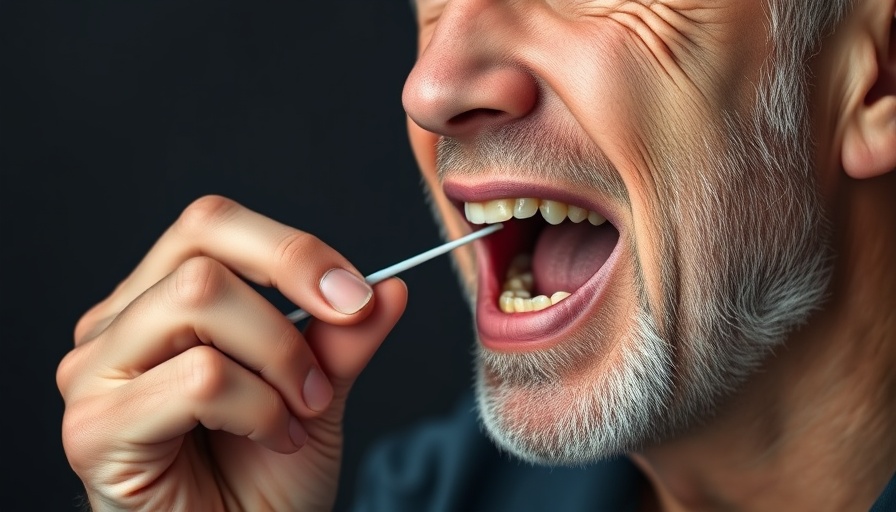
Before You Speak: Understanding Bad Breath
Bad breath, or halitosis, is a common issue that many people face at some point in their lives. It can stem from various sources, but primarily, it is often related to poor oral hygiene practices. As dental hygienist insights featured in Steve-O’s video highlight, the first step in tackling bad breath effectively requires more than just a quick rinse. It calls for a professional cleaning at the dentist’s office. The extraction of plaque, tartar, and bacteria plays an essential role in revitalizing one’s breath and dental health.
In Steve-O’s dental tips approved by a dental hygienist, the discussion dives into the vital importance of maintaining fresh breath and effective dental hygiene, prompting an analysis of best practices.
Root Causes of Bad Breath
The origins of bad breath are diverse. Often, it’s caused by food particles becoming trapped in teeth or the growth of bacteria on the tongue, creating a distinctive odor. However, it can also be a sign of underlying health issues, such as tonsil stones, acid reflux, allergies, or sinus infections. If regular dental care doesn’t seem to improve your breath, it would be wise to consult your medical professional for a more comprehensive examination. Understanding these potential causes can empower people to take the correct action.
The Importance of Daily Dental Hygiene
Following your dentist’s cleaning, maintaining daily hygiene practices is crucial. Flossing should be an essential part of your routine as it removes food particles and debris from between teeth that brushing alone cannot access. Incorporating tongue scraping into this routine can also significantly benefit halitosis, as it removes the bacteria that thrive on the tongue’s surface. Regular brushing, at least twice a day, is equally vital. Remember that health experts recommend replacing your toothbrush every three to four months to ensure optimal cleanliness.
Long-Term Strategies for Maintaining Fresh Breath
To avoid recurrent bad breath, adopting a consistent oral hygiene routine is key. Regular trips to the dentist are important not just for cleaning but for receiving advice tailored to your individual needs. Moreover, staying hydrated can aid in maintaining moisture in the mouth, which is essential for combating bad breath since dry mouths often exacerbate the problem. Keeping sugar intake low can also prevent bacteria buildup, which thrives in sugary environments.
Fueling the Conversation: Social Implications
As Steve-O candidly shares in his video, addressing bad breath is not merely a personal issue; it has social implications that affect how we interact with others. Conversations can feel uncomfortable when someone is self-conscious about their breath. Thus, fostering awareness around oral hygiene and encouraging open discussions is essential. Friends and family can play roles in supporting those close to them by discussing oral health and gently suggesting dental visits, allowing for a shared approach to better health.
 Add Row
Add Row  Add
Add 




Write A Comment